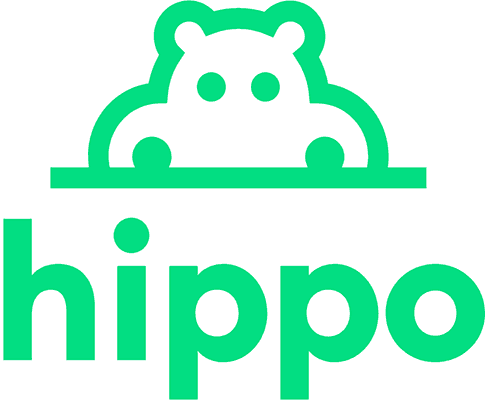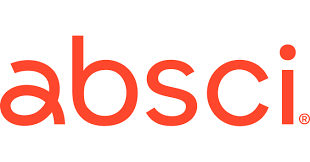























Reduced cloud infrastructure costs by 35% through optimization of resource allocation and implementation of auto-scaling policies.
Achieved 99.99% uptime for mission-critical applications by designing and implementing a multi-region failover strategy.
Led cross-functional teams in the successful migration of legacy systems to cloud-native architectures.
Sophia spearheaded a project to modernize a financial services company’s data processing pipeline. She architected a serverless solution using AWS Lambda and Step Functions, which reduced processing time from hours to minutes. The new system also improved data accuracy and enabled real-time analytics for better decision-making.
Implemented CI/CD pipelines that decreased deployment time by 70% and reduced errors in production by 85%.
Designed and deployed a microservices architecture that improved application scalability, handling a 300% increase in user traffic.
Developed comprehensive disaster recovery and business continuity plans for cloud-based systems.
Ethan led the development of a cloud-native IoT platform for a smart home device manufacturer. He designed a scalable architecture using Google Cloud Platform services, including Cloud IoT Core and Pub/Sub. The platform now supports over 1 million connected devices and processes terabytes of data daily.
Migrated 50+ on-premises applications to Azure, resulting in a 40% reduction in operational costs.
Implemented security best practices and compliance measures, reducing security vulnerabilities by 75%.
Mentored junior engineers on cloud architecture principles and best practices for designing scalable systems.
Amelia recently completed a project to enhance the disaster recovery capabilities of a healthcare provider’s critical systems. She implemented a multi-region active-active setup using Azure Site Recovery and Traffic Manager. This solution reduced the recovery time objective (RTO) from hours to minutes and ensured continuous availability of patient data.
Optimized Kubernetes clusters, improving resource utilization by 60% and reducing monthly cloud spend by $50,000.
Automated infrastructure provisioning using Terraform, reducing setup time for new environments by 90%.
Developed and maintained comprehensive documentation for cloud architecture and operational procedures.
Marcus led a project to build a real-time analytics platform for a large e-commerce company. He designed a solution using Apache Kafka, Apache Flink, and Amazon EMR to process and analyze clickstream data. The platform now provides actionable insights to marketing teams, resulting in a 15% increase in conversion rates.
Implemented a multi-cloud strategy that improved system reliability by 25% and provided 30% cost savings through optimized resource allocation.
Developed a custom monitoring and alerting system that reduced mean time to resolution (MTTR) for critical issues by 65%.
Collaborated with security teams to implement robust identity and access management policies across cloud environments.
Olivia recently completed a project to modernize a legacy monolithic application for a financial services firm. She led the effort to refactor the application into microservices and containerize them using Docker and Kubernetes. The modernized application now supports rapid feature development and has improved performance by 40%.
With our extensive candidate network and dynamic team search approach, Redfish recruiters can greatly reduce your time to hire compared to in-house hiring processes.
Redfish recruiters handle every step of the process, including finding talent, screening candidates, scheduling interviews, conducting reference checks, and negotiating the offer, freeing up your in-house HR staff to focus on their other responsibilities.
We form the same in-depth relationships with clients that we establish with candidates, taking the time to fully understand your company and needs and giving each client a single point of contact for all communications.
We understand the roles we recruit for inside and out, whether that’s the technical jargon familiar to engineers and programmers or the skills that make an exceptional sales or marketing hire. When we send along a candidate, you can trust they have what it takes to excel.
With 20+ years in the recruiting industry, Redfish Technology has built an extensive network of connections and candidates, and our reputation precedes us. We’re a recruiting firm top talent wants to work with, giving you access to better talent than you’ll find from other services.




Look for a bachelor’s degree in computer science or related field, cloud certifications, and experience with major cloud platforms like AWS, Azure, or GCP.
Very important. Prioritize candidates with hands-on experience in the cloud platforms your company uses or plans to adopt.
Key skills include infrastructure as code, containerization, CI/CD, networking, security, and at least one scripting language like Python or Bash.
While certifications are valuable, practical experience should generally take precedence. Look for a balance of both.
Use technical interviews with real-world scenarios or coding challenges that mimic actual job responsibilities.
Look for strong communication, teamwork, adaptability, and a willingness to continuously learn and stay updated with new technologies.
Inquire about their experience with identity and access management, encryption, network security, and compliance in cloud environments.
Yes, cloud engineering roles often lend themselves well to remote work. This can also expand your talent pool significantly.
Ask about their experience with cloud cost optimization strategies and tools during the interview process.